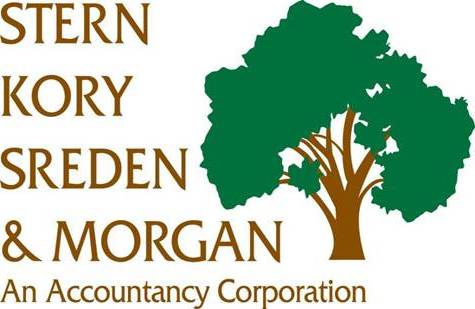SUBSCRIBE
Enter your Name and Email address to get
the tax guide delivered to your inbox.
Please include name of person that directed you to my online tax guide so I can thank them personally.

24961 The Old Road, 2nd Floor
Stevenson Ranch, CA 91381
Phone: 661-286-1040
Fax: 661-286-1050

COVID-RELATED WITHDRAWAL
Withdrawals of up to $100,000 from IRA and workplace retirement accounts were permitted until December 31, 2020. The funds could be used to cover COVID-related expenses, including treatment for you, your spouse, or dependent(s). You could also use the funds to offset income lost due to quarantine, job loss or a reduction of hours. The amount withdrawn is taxed as ordinary income. You have the option of including this in your 2020 income or spreading it out equally over 2020, 2021 and 2022. However, you can avoid paying tax on it if you repay it within three years. Additionally, if you tapped your workplace retirement plan, your plan may delay repayment for up to one year.
The Ten-Year Rule also applies to trusts that receive IRA assets on behalf of beneficiaries. If a conduit trust is established to help protect assets, it still must forward all the IRA income to beneficiaries. This would potentially expose the inherited IRA assets to heirs’ creditors and any bankruptcy or divorce proceedings – defeating the purpose of an asset protection trust. In some circumstances, you may wish to have an attorney redraft any existing conduit trusts to allow the trust to retain the assets, rather than distributing income to beneficiaries. The downside is that these assets would then be subject to less favorable trust tax rates. If you have significant assets in retirement accounts that you are planning to pass on to non-spousal beneficiaries, it is a good idea to review your estate plan documents.
Enter your Name and Email address to get
the tax guide delivered to your inbox.
Please include name of person that directed you to my online tax guide so I can thank them personally.
Enter your Name, Email Address and a short message. We'll respond to you as soon as possible.
Stern Kory Sreden & Morgan and LTM Marketing Solutions, LLC are unrelated companies. This publication was prepared for the publication’s provider by LTM Marketing Solutions, LLC, an unrelated third party. Articles are not written or produced by the named representative.
The information and opinions contained in this web site are obtained from sources believed to be reliable, but their accuracy cannot be guaranteed. The publishers assume no responsibility for errors and omissions or for any damages resulting from the use of the published information. This web site is published with the understanding that it does not render legal, accounting, financial, or other professional advice. Whole or partial reproduction of this web site is forbidden without the written permission of the publisher.